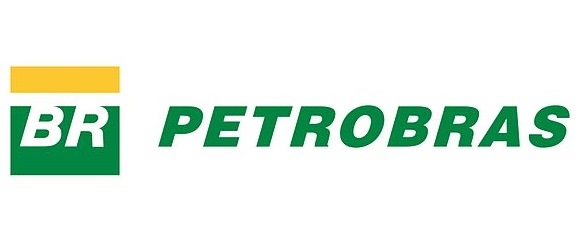
Anyone just tuning in will have missed the bribery and corruption charges leveled against Petrobras that first surfaced last year and resulted last Friday in a court ruling that 54 Brazilian politicians will be added to the corruption investigation. Included in the ruling are the leader of the Brazilian Senate and the head of the nation’s Chamber of Deputies. Both are members of President Dilma Rousseff’s ruling PMDB party. The scandal started when Petrobras executives revealed that they had conspired with politicians to take payments from private-sector contractors in exchange for awarding the contractors with new business.
The impact of the investigations on Petrobras has been devastating. From a peak near $21 in early September, shares have dropped below $6, and there is no near-term end in sight.
ALSO READ: Short Sellers Betting the Farm Against Big Oil Stocks
The country’s ills do not stop there. Inflation hit a 10-year high of nearly 8% in February, and the country’s currency has reached a low point against the dollar that it hasn’t touched in more than 10 years, according to the Financial Times.
To complicate the country’s troubles even more, Standard & Poor’s credit rating analysts were in Brazil last week to speak to the country’s new finance minister about the country’s economy. Brazil’s sovereign credit rating is just one notch above junk at S&P, and any lowering would hurt Petrobras in at least a couple of ways.
First, because the company is controlled by the government, Petrobras’s ability to borrow at decent interest rates essentially goes away. The company’s massive offshore capital investments are being severely damaged by low crude oil prices, and its ability to make interest payments will get worse before it improves.
Second, because the government controls the company, it can and often does dictate what Petrobras must pay for things (see scandal, above) and what price it can charge for its products. The country’s high inflation rate and stagnant growth almost certainly add up to pumping more government money into the economy, and if borrowing is too expensive, then a raid on Petrobras may be in order.
ALSO READ: Is a 12% Capex Cut by Exxon Mobil Realistic?
Shares dropped to a new 52-week low of $5.77 early Monday morning. The 52-week high is $20.94, and nearly 44 million of the company’s shares trade hands daily on the New York Stock Exchange.
It’s Your Money, Your Future—Own It (sponsor)
Are you ahead, or behind on retirement? For families with more than $500,000 saved for retirement, finding a financial advisor who puts your interest first can be the difference, and today it’s easier than ever. SmartAsset’s free tool matches you with up to three fiduciary financial advisors who serve your area in minutes. Each advisor has been carefully vetted and must act in your best interests. Start your search now.
If you’ve saved and built a substantial nest egg for you and your family, don’t delay; get started right here and help your retirement dreams become a retirement reality.
Thank you for reading! Have some feedback for us?
Contact the 24/7 Wall St. editorial team.




